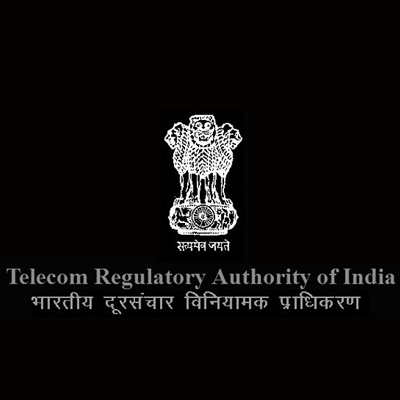 The Telecom Regulatory Authority of India (TRAI) released a consultation paper on regulating the OTT universe which for the AVGC community could impact the gaming and the online streaming services including major streaming site YouTube. The paper has set out to seek answers from the entire online industry on key regulatory questions.
The Telecom Regulatory Authority of India (TRAI) released a consultation paper on regulating the OTT universe which for the AVGC community could impact the gaming and the online streaming services including major streaming site YouTube. The paper has set out to seek answers from the entire online industry on key regulatory questions.
The main reason for this is the impact that OTT services have on the business of traditional services such as telecom service providers (TSP) who provide the network which is used by the OTT service providers and coerce customers to bypass usage of the TSPs and opt for the OTT ones due to its cheap value.
It puts the usage of gaming applications as ‘high’ along with entertainment and social networking and playing music and watching videos as ‘medium’. “These services also place huge demands (pressure) on the network due to downloading of large amounts of data,” it says while network services remain poor.
The paper mentions that the business models of most OTT apps are predominantly advertisement driven naming apps such as Angry Birds and Spider Man among the list, in-app purchases from gaming apps like Bad Land, Device 6 as well as games in apps like Line and WeChat. “New models like in-app purchases of selling virtual goods like stickers, mobile games, apps are rising exponentially. For example 85 per cent of the $1.1 billion revenue of WeChat in 2014 was from online gaming. Similarly, Line’s gaming revenue accounted for 60 per cent of its $338 million revenue in 2013. In India also, because of the growing popularity of smartphones, mobile gaming revenue is expected to jump to Rs 18,000 crore by 2017 from barely Rs 5,700 crore in 2013,” it mentions.
“It is becoming increasingly difficult for consumers to know if there is an economic difference in connecting various networks via a land phone, cell phone, or a computer. In fact, young users find it difficult to distinguish among these three networks; from their perspective, all that matters is connectivity. They visualise these not as a layered and interconnected series of discreet networks, but as an organic whole,” says the paper.
TRAI says that in the future the provision of services by OTT players will impact revenues of network operators insofar as their current business models are concerned. “With more users connecting to the internet, the network of the TSP is under constant strain and there is the risk that the back-end server will reach its capacity very fast, thus compelling constant upgrades, the costs of which are to be borne exclusively or for the large part by the TSPs which build such networks,” it states.
Apart from revenue, the OTT services also have security/cyber security issues and it mentions the recent Sony hack as an example. “Also children need to be advised to avoid online gaming, file-sharing / peer-to-peer (P2P) sites and chat rooms. During the last five years, the number of preadolescents and adolescents using such sites has increased dramatically,” it says.
Questions:
– Should the OTT players offering communication services (voice, messaging and video call services) through applications (resident either in the country or outside) be brought under the licensing regime?
– Is the growth of OTT impacting the traditional revenue stream of TSPs? If so, is the increase in data revenues of the TSPs sufficient to compensate for this impact?
– Should the OTT players pay for use of the TSPs network over and above data charges paid by consumers? If yes, what pricing options can be adopted? Could such options include prices based on bandwidth consumption? Can prices be used as a means of product/service differentiation?
– Do you agree that imbalances exist in the regulatory environment in the operation of OTT players? If so, what should be the framework to address these issues? How can the prevailing laws and regulations be applied to OTT players (who operate in the virtual world) and compliance enforced? What could be the impact on the economy?
– How should the security concerns be addressed with regard to OTT players providing communication services? What security conditions such as maintaining data records, logs etc. need to be mandated for such OTT players? And, how can compliance with these conditions be ensured if the applications of such OTT players reside outside the country?
– How should the OTT players offering app services ensure security, safety and privacy of the consumer? How should they ensure protection of consumer interest?
